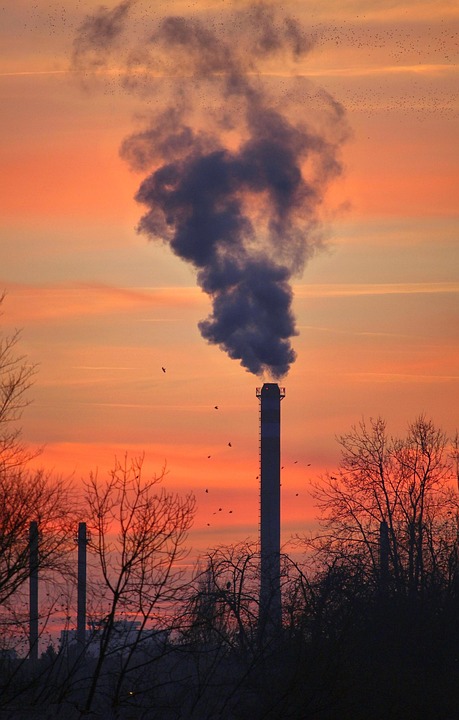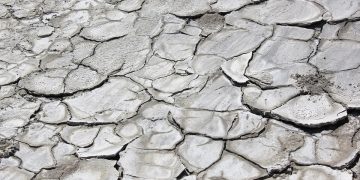The Silent Killer: How Global Warming is Impacting Human Health and Well-being
Global warming, also known as climate change, is one of the most pressing issues facing our planet today. The rise in global temperatures is not only causing environmental changes but is also having a significant impact on human health and well-being. From extreme weather events to the spread of infectious diseases, the effects of global warming are far-reaching and potentially deadly. In this article, we will explore how global warming is impacting human health and well-being, and what can be done to mitigate these effects.
Extreme Weather Events
One of the most noticeable effects of global warming is the increase in extreme weather events such as hurricanes, heatwaves, and droughts. These events can have a devastating impact on human health and well-being, leading to injuries, illnesses, and even death. Heatwaves, in particular, can be deadly, especially for vulnerable populations such as the elderly, children, and people with pre-existing health conditions. The rise in global temperatures is also contributing to the spread of infectious diseases such as malaria and dengue fever, which are transmitted by mosquitoes that thrive in warm, humid conditions.
Air Pollution
Another major health impact of global warming is the increase in air pollution. The burning of fossil fuels releases pollutants such as carbon dioxide, methane, and nitrous oxide into the atmosphere, which can worsen respiratory conditions such as asthma and chronic obstructive pulmonary disease (COPD). Air pollution has also been linked to an increased risk of heart disease, stroke, and lung cancer. In addition, the increase in wildfires, which are exacerbated by global warming, can release harmful pollutants into the air, further worsening air quality and putting people’s health at risk.
Food Insecurity
Global warming is also having a significant impact on food security, as changes in temperature and precipitation patterns are affecting crop yields and food production. This can lead to food shortages, price increases, and malnutrition, particularly in developing countries. In addition, the rise in global temperatures is causing sea levels to rise, which can contaminate freshwater sources and reduce access to clean drinking water. This can lead to waterborne diseases such as cholera and typhoid, further compromising human health and well-being.
Mental Health
The effects of global warming are not only physical but also psychological, as the stress and anxiety caused by climate-related events can have a significant impact on mental health. People who have experienced extreme weather events such as hurricanes or wildfires may suffer from post-traumatic stress disorder (PTSD) and other mental health conditions. The uncertainty and fear surrounding the future impacts of global warming can also contribute to feelings of anxiety and depression. It is important for individuals to seek support and resources to cope with the mental health impacts of global warming.
What Can Be Done?
While the effects of global warming on human health and well-being are concerning, there are steps that can be taken to mitigate these impacts. One of the most important actions that can be taken is to reduce greenhouse gas emissions by transitioning to renewable energy sources such as solar and wind power. This can help slow down the rate of global warming and reduce the severity of its impacts on human health. In addition, efforts to improve air quality and reduce pollution can help protect people from respiratory conditions and other health problems.
Adaptation measures such as building infrastructure to withstand extreme weather events and improving access to clean drinking water can also help protect human health and well-being in the face of global warming. It is important for governments, businesses, and individuals to work together to address the impacts of global warming and protect the health and well-being of current and future generations.
Conclusion
Global warming is a silent killer that is having a profound impact on human health and well-being. From extreme weather events to air pollution and food insecurity, the effects of global warming are far-reaching and potentially deadly. It is important for individuals to be aware of these impacts and take action to mitigate them. By reducing greenhouse gas emissions, improving air quality, and implementing adaptation measures, we can help protect human health and well-being in the face of global warming. Together, we can work towards a healthier and more sustainable future for all.





